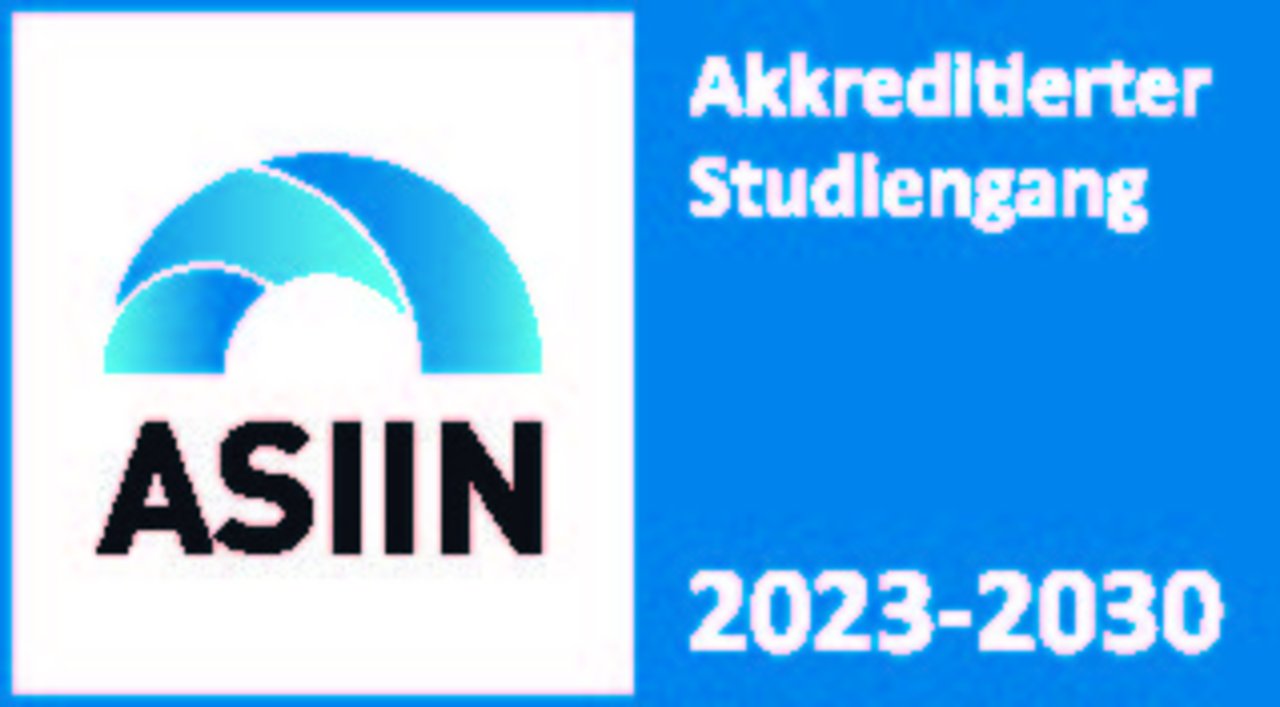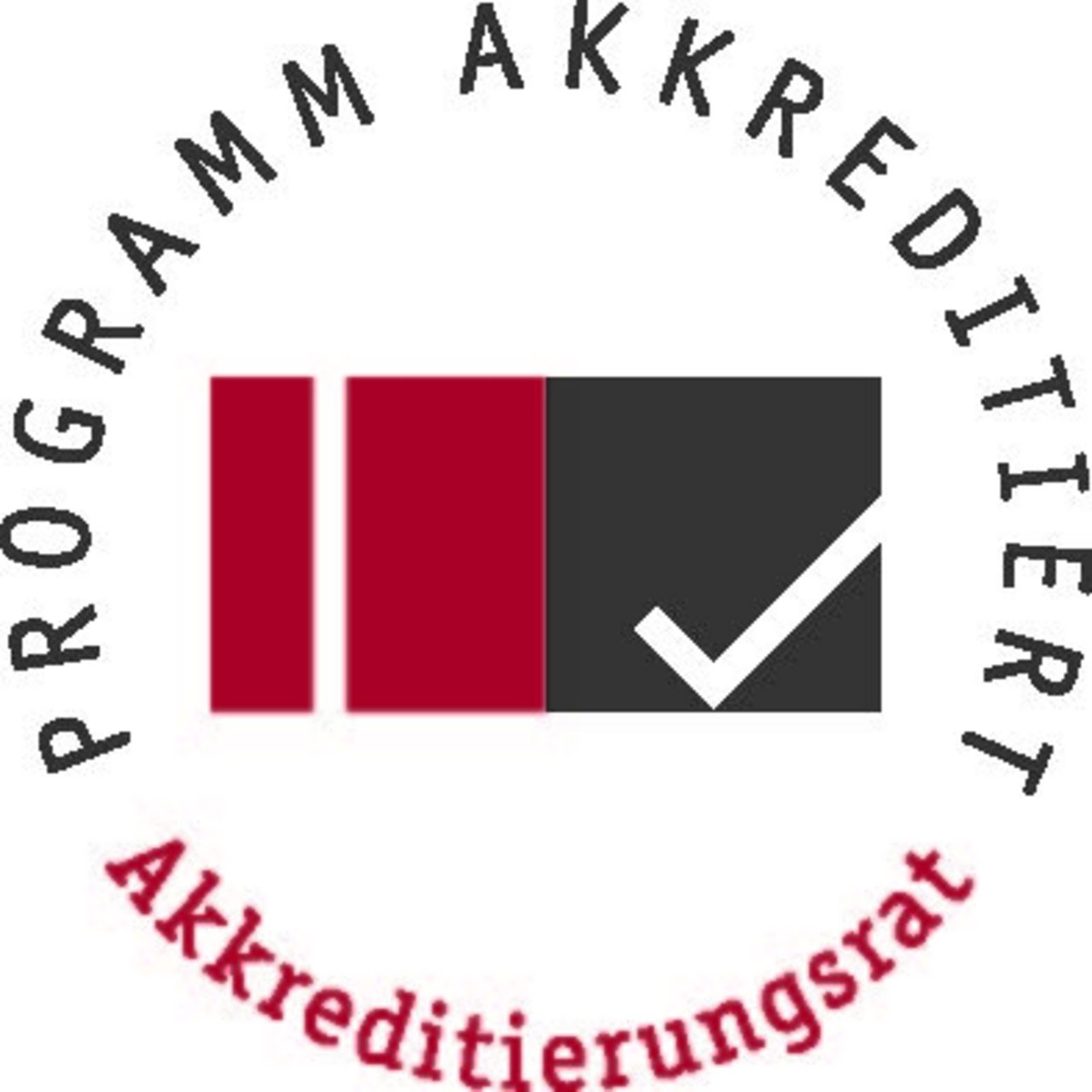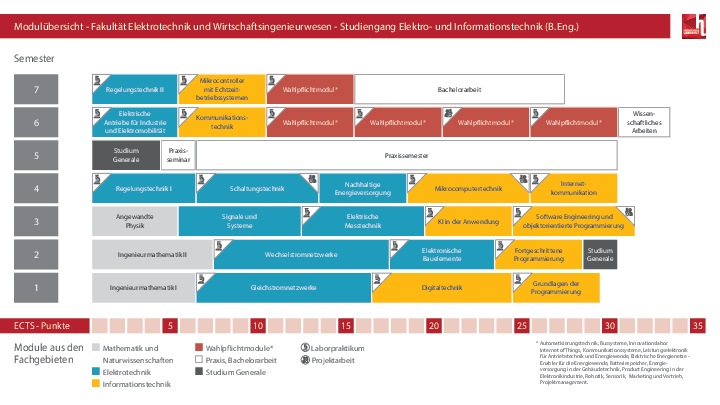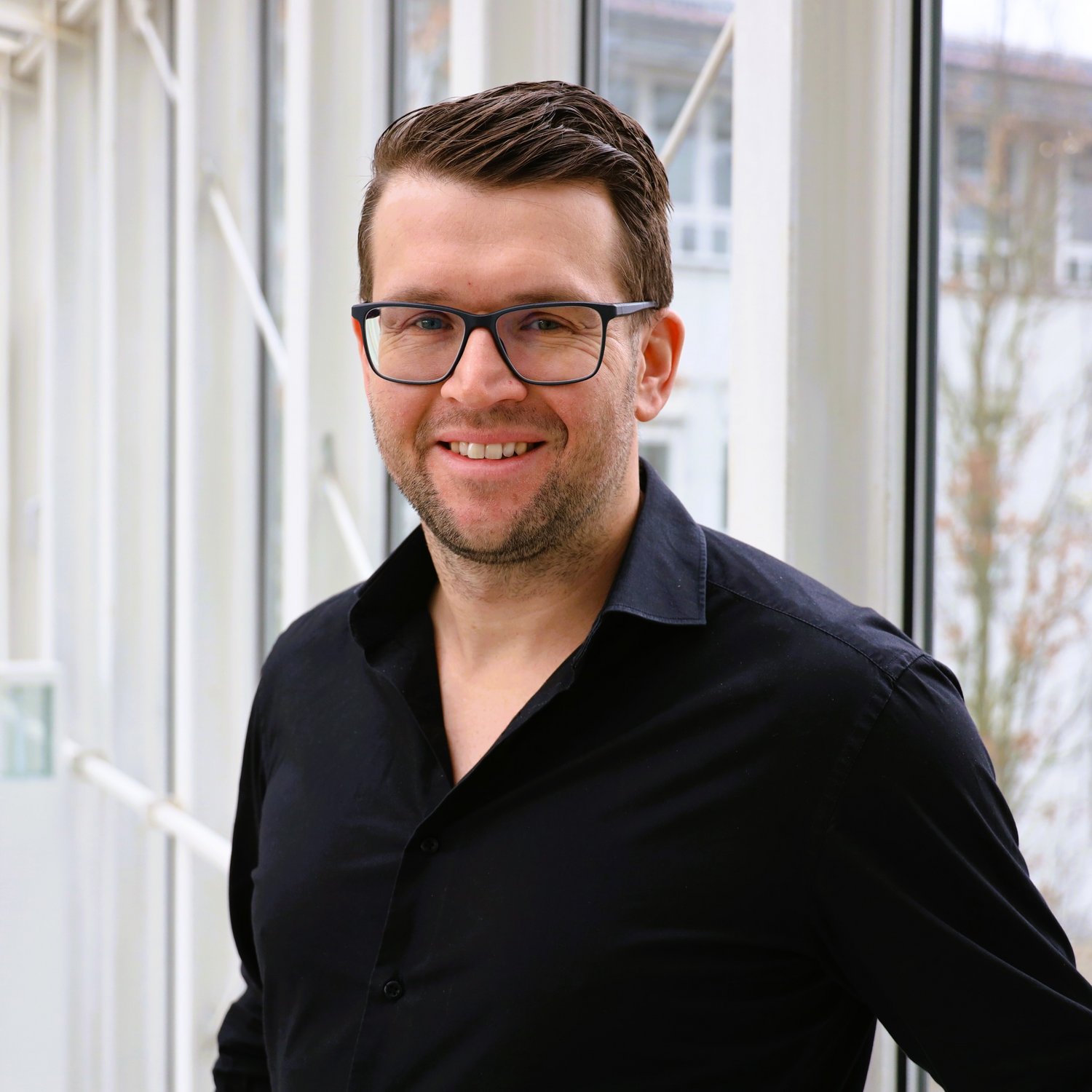



Accredited degree program
Electrical engineering and information technology
Bachelor
Learn to understand and master networked electrical systems in order to help shape our electrical and digital future.
| Start | Winter semester |
|---|---|
| Admission Criteria | Unrestricted admission |
| Application period | 15.04.2025 - 15.07.2025 |
| Study format | Full time, with in-depth practical experience, Joint degree programme |
| Study cost | None (only semester fee) |
| Normal duration | 7 Semester |
| Language | German |
| ECTS | 210 |
| Accredited degree program | |
   | |
Programme content
Shape the electrical and digital future with us! The interdisciplinary engineering degree programme teaches the fundamental specialist knowledge and skills of electrical engineering and information technology. This means that students learn both the professional design of electrical circuits and programmes as well as the communication between networked system components.
A broad range of modules enables students to build up comprehensive specialist knowledge. This is further consolidated in our state-of-the-art laboratories in practical laboratory courses specifically tailored to the modules.
In the specialisation programme, students have the opportunity to deepen their knowledge through a wide range of compulsory elective modules and to hone their profile according to their individual interests. The specialisations on offer include automation technology, robotics, energy technology, electrical drives, measurement technology and microsystems technology.
Cross-module project work and additional modules, e.g. in the areas of languages, sustainability and the environment or presentation technology, will prepare you optimally for your job after graduation.

Study programme
The Bachelor's degree programme comprises six practical semesters with lectures and optimally coordinated laboratory practicals as well as a practical semester in an industrial company. A total of 210 ECTS credits are earned.
In the 1st and 2nd semesters, students are taught the mathematical basics required for this degree programme and are already introduced to the important topics of electrical engineering and information technology.
The 3rd and 4th semesters serve to deepen the knowledge acquired so far through modules in the two areas of electrical engineering and information technology that build on each other and are very well coordinated. Projects in the modules of the 3rd and 4th semesters prepare students for teamwork and development projects in a company.
In the 5th semester, the practical semester takes place in an industrial company in Germany or abroad, in which students work on an interesting engineering topic and apply and expand their acquired knowledge in practice.
The specialisation course begins in the 6th semester, in which, in addition to four compulsory modules, a further five specialisation modules can be selected from a wide range of important future topics. This allows students to deepen their knowledge in certain specialisations and according to their individual interests. The Bachelor's thesis is also completed during this stage of the programme.
Modules
The modules are ideally coordinated and cover all important topics for electrical networked systems: modules in electrical engineering, information technology and, particularly in the last two semesters, a large selection of modules on all important future topics in electrical engineering and information technology.
Basic and advanced modules in the 1st - 4th semesters (examples):
Electrical Engineering modules: Electrical Measurement Technology, Electronic Components, Digital Technology, Sustainable Energy Supply, Control Engineering
Information Technology modules: Fundamentals of Programming, Software Engineering and Object-Oriented Programming, AI in Application, Microcomputer Technology, Internet Communication
Mathematics and Natural Sciences modules: Engineering Mathematics, Applied Physics
Practical phase in the 5th semester:
Practical time in the company, practical seminar, Studium Generale
Specialisation studies in the 6th and 7th semesters (examples):
Electric drives for industry and electromobility, communication technology, microcontrollers with real-time operating systems
Compulsory elective modules: Automation technology, battery storage, bus systems, innovation lab
Internet of Things, electrical energy grids - enablers of the energy transition, communication systems, power electronics for drive technology and the energy transition, product engineering in the electronics industry, robotics, sensor technology, energy supply in building technology, marketing and sales, project management
Practical orientation
All degree programmes at the Faculty of Electrical and Industrial Engineering are characterised by a high degree of practical and application orientation.
In addition to the theoretical lectures, many of the modules on offer include laboratory practicals with specific content. In these, the theoretical knowledge acquired is tested, expanded and consolidated in practice in our more than 20 modern laboratories. Project work also serves to creatively and practically implement what has been learnt.
In the 5th semester, students also complete a practical semester of at least 80 working days in a company of their choice in Germany or abroad.




